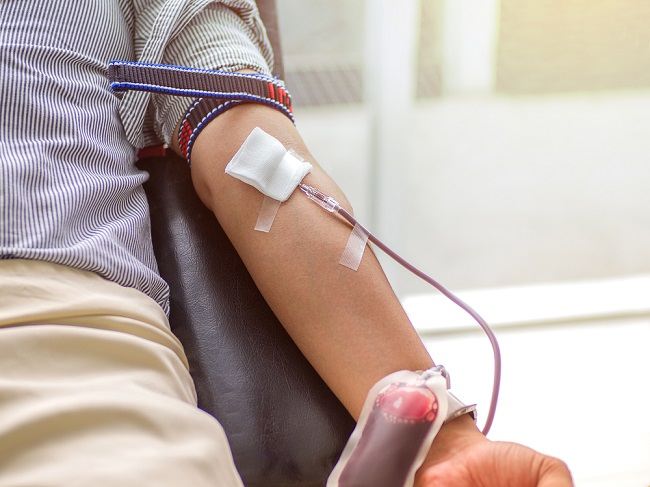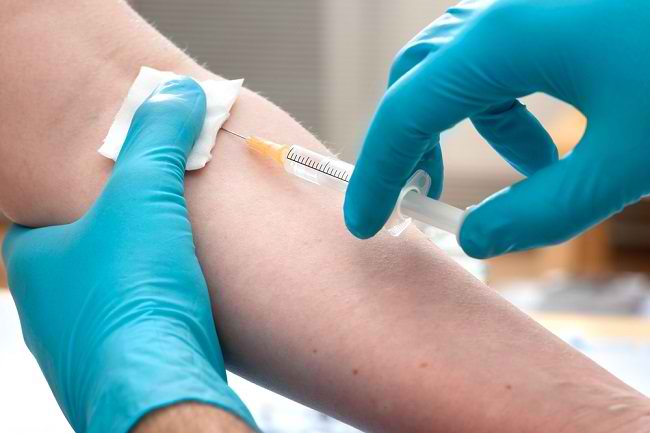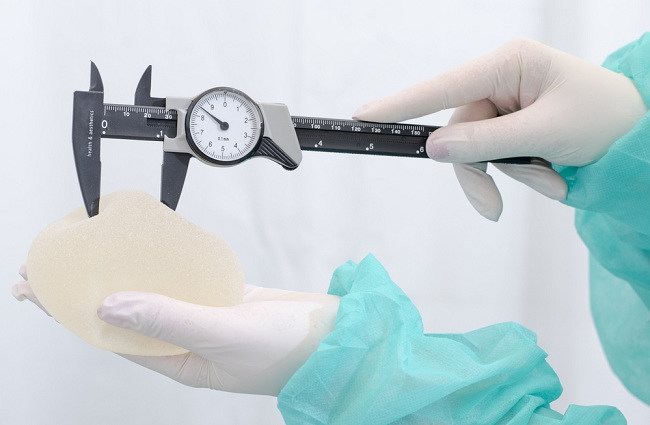Some parents may still be reluctant to immunize their children for fear that vaccines can cause autism. Is it true that there is a relationship between vaccination and autism in children?
There is an assumption that giving vaccines is related to autism in children stems from a 1998 study in England which stated that the MMR vaccine had a risk of causing autism.

Since then, many experts have conducted deeper scientific studies, but the results have not found a link between vaccines and autism.
The results of the 1998 research turned out to be erroneous and the doctor who wrote it had his medical license revoked and the medical journal that published the research has even withdrawn the information.
Unfortunately, despite growing evidence that vaccines are safe and effective, some parents still decide to delay or not vaccinate their children. This condition is certainly very risky, considering that many serious diseases can be prevented through vaccination.
Vaccinations Are Not Proven To Cause Autism
Concerns about vaccinations causing autism relate to the ingredients used in children's vaccines, namely thimerosal. The mercury-containing material is indeed used as a vaccine preservative to prevent the growth of bacteria and fungi.
Many think that the content thimerosal harmful to the brain and kidneys, so it can trigger autism in children. However, the use of thimerosal in small amounts in drugs or vaccines have not been shown to cause significant health problems.
Research that has been going on for decades to date also states that there is no link between thimerosal or other vaccine ingredients with autism.
In 2019, the largest study that looked at nearly 660,000 children over 11 years suggested that there was no link between vaccines and autism.
In addition, scientific studies that have been carried out for many years have also found the following facts:
- No causal relationship was found between the vaccine and thimerosal as a trigger for autism
- There is no data that can prove that vaccines containing thimerosal can interfere with the child's brain function
- A 1998 study that suggested a link between vaccines and autism looked at only 12 children and managed to attract public attention because at the same time there was a rapid increase in the number of children diagnosed with autism in the UK.
- Children who receive the vaccine before the age of 2 have no proven neurological or developmental problems, such as autism
- There were no cases of autism in the group of children who received the vaccine according to the recommended schedule and the group of children whose vaccine was delayed
- There is no increased risk for children to develop autism after receiving the MMR vaccine, vaccines containing mercury or using it thimerosal in vaccines
The conclusion from various studies on vaccines and autism is that vaccination is not associated with the development of autism. This is also supported by a statement from IDAI which states that vaccines are not proven to cause autism.
After all, since 1999, most vaccines have been devoid of thimerosal, except for the flu vaccine. In fact, nowadays, the alternative to the flu vaccine is free thimerosal also available.
In some people, including children, the vaccine can cause mild reactions, such as fever, swelling, and pain at the injection site.
However, when compared with the benefits, this risk is much smaller because vaccines have proven to have very important benefits in preventing serious diseases in children, such as pneumonia, measles, and meningitis.
If you're still worried that vaccinations can cause autism in your child, don't hesitate to consult with your doctor to get a proper explanation of the benefits and risks of each childhood vaccine, and why vaccination is so important.









